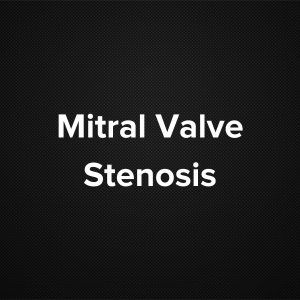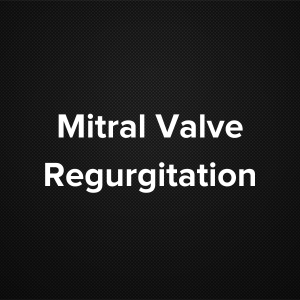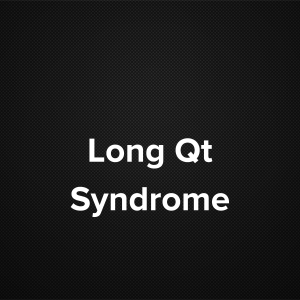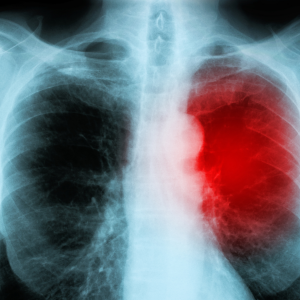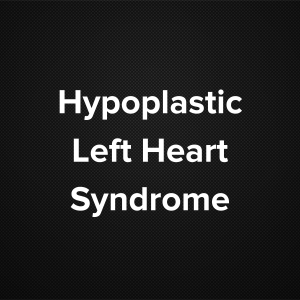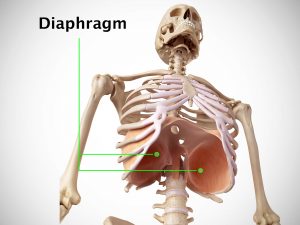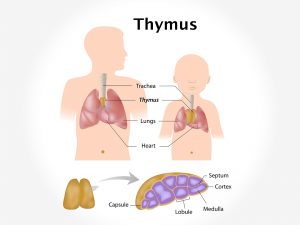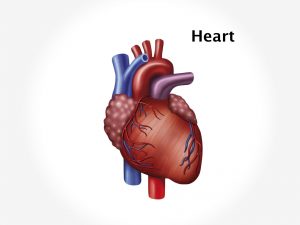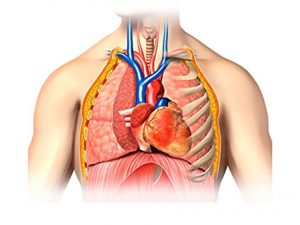Causes and risk factors
LVH develops in response to some factor which increases the workload on left ventricle causing the walls of the chamber to grow thicker; it loses its elasticity and eventually may fail to pump. Causes of LVH are high blood pressure, aortic valve stenosis, aortic insufficiency, hypertrophic cardiomyopathy, athletic training. Long standing mitral stenosis can also lead to LVH. Genetic factor associated with LVH is OGN [osteoglycin]. Risk factor such as obesity, sleep apnoea is responsible to develop LVH.
Clinical presentation
LVH can cause symptoms like Shortness of breath, chest pain, palpitations, and dizziness.
Investigation
Medical history by the patient and Clinical examination by the doctor helps in diagnosis. LVH can be diagnosed by ECG, 2D echo.
Treatment
LVH can be reversed with controlling blood pressure i.e. anti hypertensive medicines, relieving stress, cholesterol reducing medications, aortic valve repair. In athletes avoidance of exercise reverses LVH.
Other Modes of treatment
The other modes of treatment can also be effective in treating LVH. Homoeopathy is a science which deals with individualization considers a person in a holistic way. This science can be helpful in combating the symptoms. Similarly the ayurvedic system of medicine which uses herbal medicines and synthetic derivates are also found to be effective in treating LVH.

